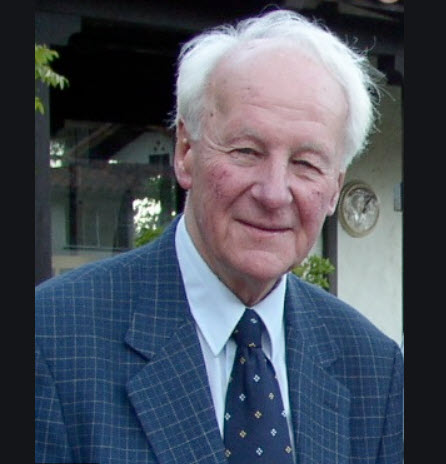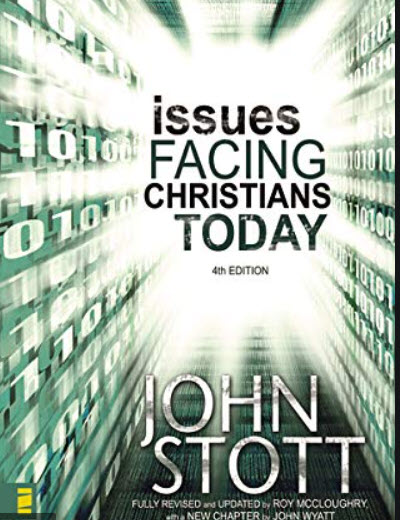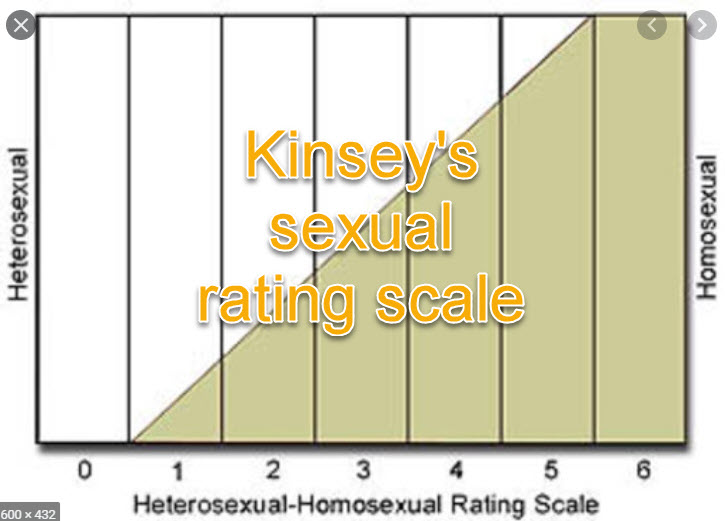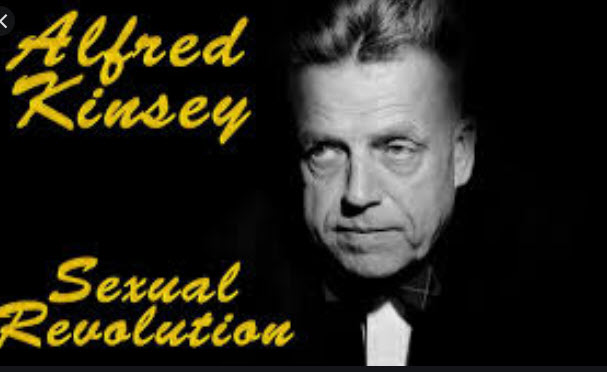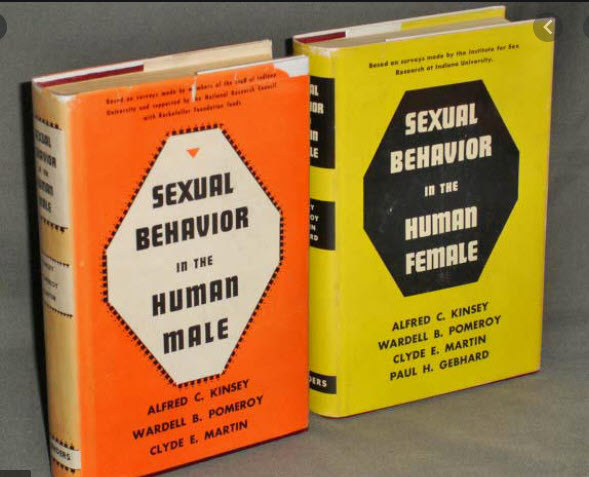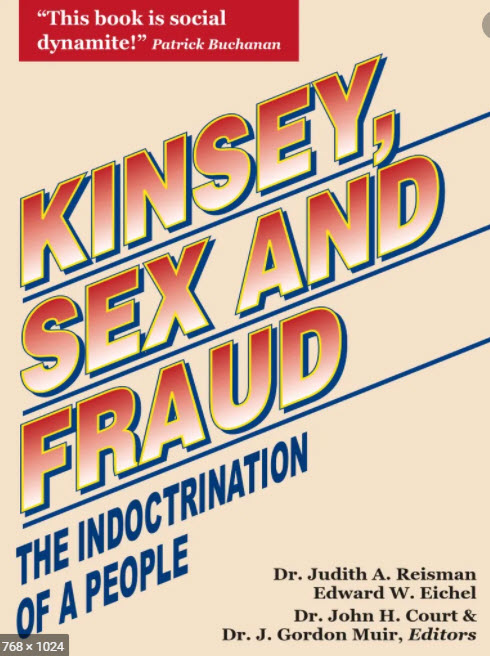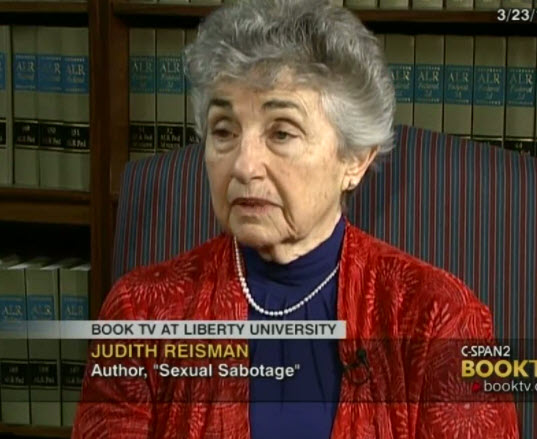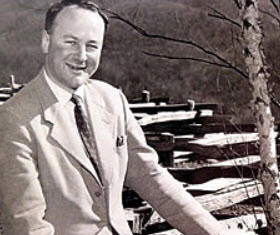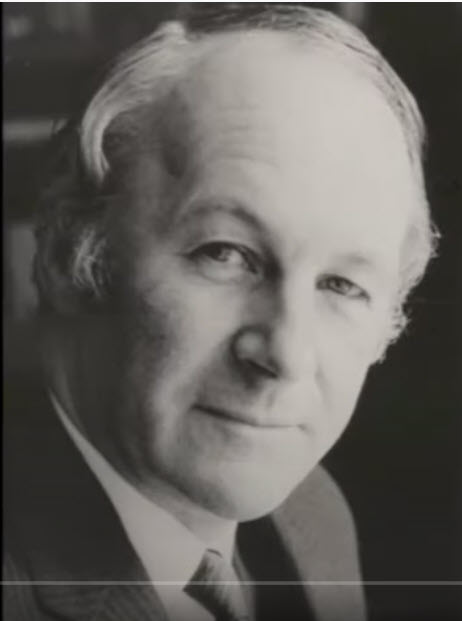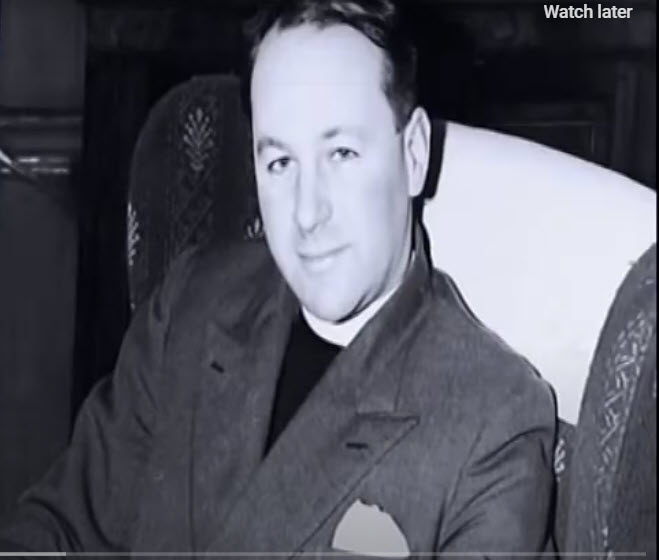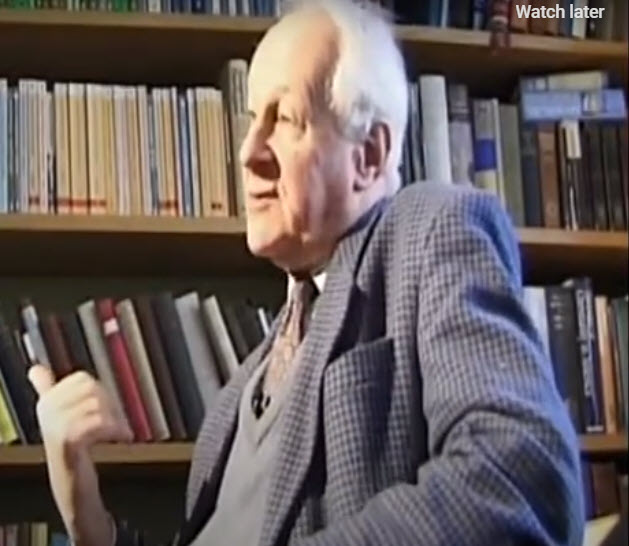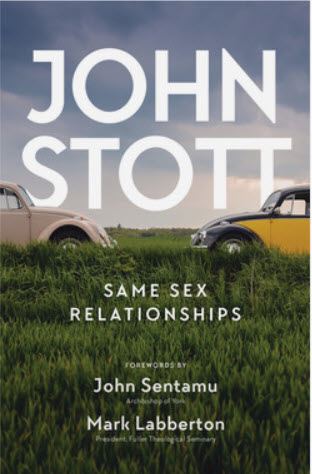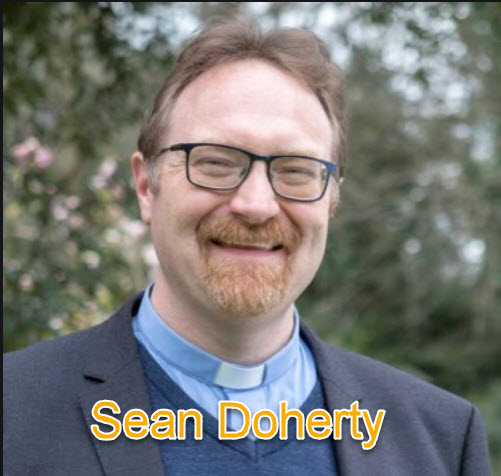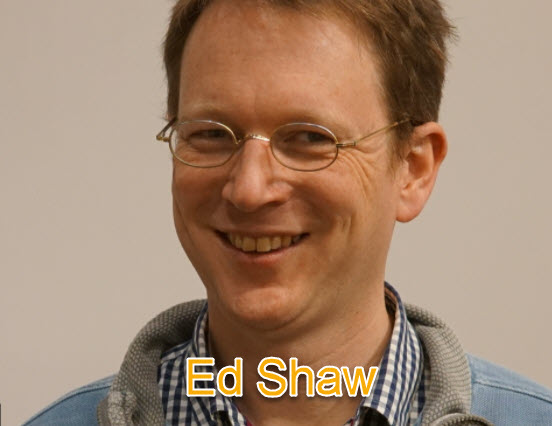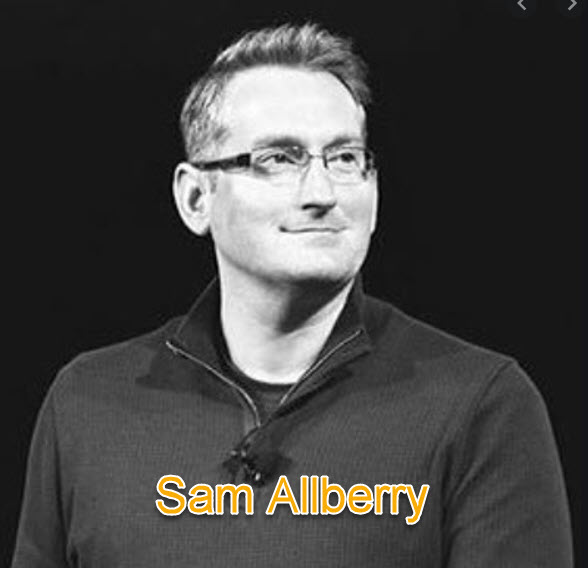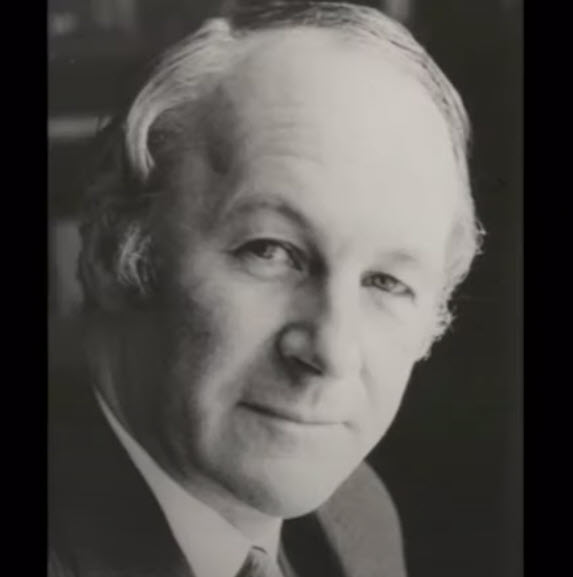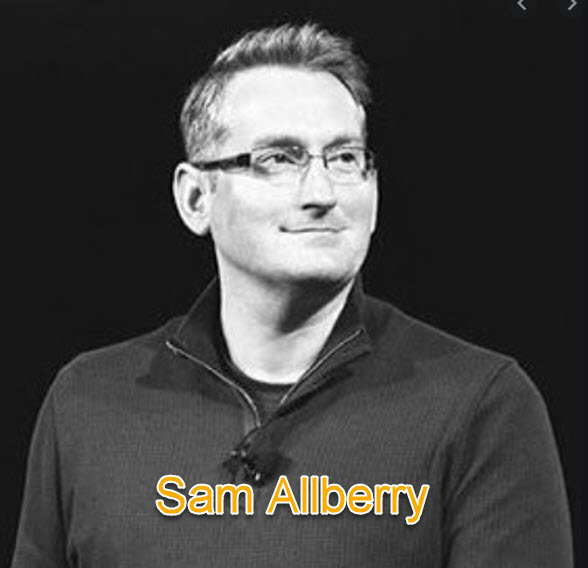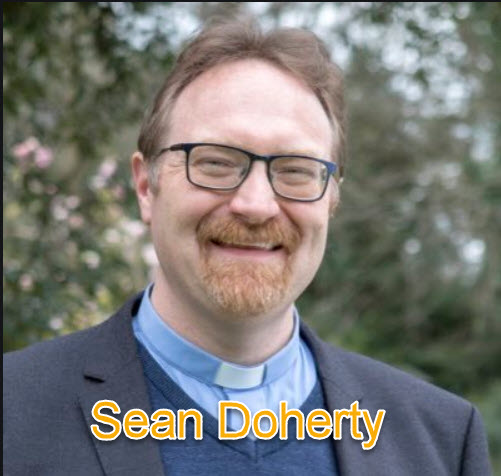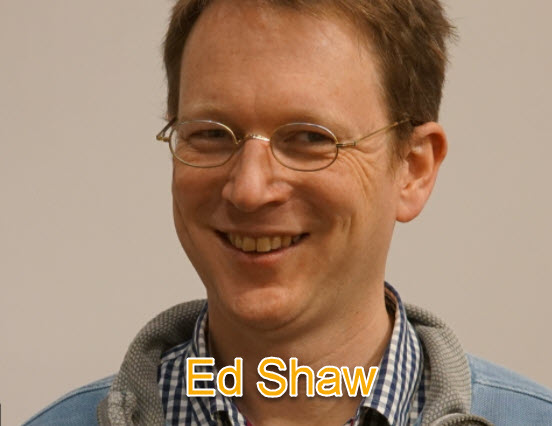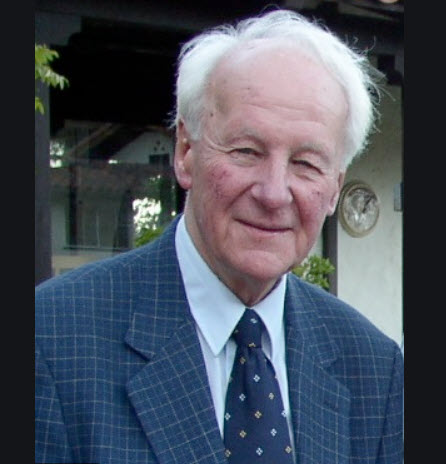John Stott’s book, Issues Facing Christians Today, first published in 1984 and undated in 1990, claims to offer new perspectives on social and moral dilemmas. Chapter 16 is entitled ‘Homosexual Partnerships?’
Stott’s context
Stott starts the discussion of homosexuality by laying out what he regards as the proper context.
His first point is that we are all human beings. ‘There is no such phenomenon as a homosexual. There are only people, human beings made in the image and likeness of God, yet fallen…’ (p336). He then spends 25 pages discussing what he refers to as ‘the homosexual Christian’s dilemma’ (p361).
Stott’s second point is that we are all sexual beings. He writes: ‘Our sexuality, according to both Scripture and experience, is basic to our humanness… So to talk about sex is to touch a point close to the centre of our personality. The subject demands an unusual degree of sensitivity…’ Stott continues: ‘Not only are we all sexual beings, but we all have a particular sexual orientation.
The American zoologist Alfred C. Kinsey’s famous investigation into human sexuality led him to place every human being somewhere on a spectrum from 0 (an exclusively heterosexual bias) to 6 (an exclusively homosexual bias) (p336). In his sermon, ‘Homosexual practice—a Christian option?’, preached at All Souls Church, Langham Place in 1982, Stott comments on Kinsey’s sexual spectrum. He says ‘Kinsey’s 0 to 6 spectrum seems still to command wide acceptance; 0 being an exclusively heterosexual orientation, that is an attraction to people of the opposite sex; 6 being an exclusively homosexual orientation being attracted only to people of the same sex, with bisexual people in between whose orientation is somewhere between the two poles or is indeterminate or even fluctuating. But we are all sexual beings.’
In laying down his context for thinking about homosexuality, Stott makes it clear that he accepts the psychological construct of sexual orientation. It seems incredible that Stott should refer to the sexual research of Alfred Kinsey to help his readers understand the biblical view of homosexuality.
Kinsey was widely known as the father of the sexual revolution and a man who was deeply hostile to the Christian faith. His two books, Sexual Behavior in the Human Male (1948), and Sexual Behavior in the Human Female (1953) laid the foundation for the permissive society and contributed to the breakdown of traditional morality in Western society.
Yet Stott, in his folly, eagerly adopted Kinsey’s false idea of a sexual spectrum, which is associated with the unbiblical concept of sexual orientation. Stott is denying the most basic biblical truth that God created mankind male and female. [my emphasis]
The book, Kinsey, Sex and Fraud (1990), written by Dr Judith Reisman and Edward Eichel, is an investigation into the human sexuality research of Alfred Kinsey.
Evidence is presented to show that much of Kinsey’s research is unscientific and deceitful. The authors expose the inherent bias and fraudulent methods of Kinsey’s research and prove his data to be grossly inaccurate. The hope was that the conclusions drawn would be rejected. Unfortunately, there are those in society, like Stott, who in order to promote their own agenda, would rather believe a lie.
Stott’s third point is that we are all sexual sinners. He quotes the opinion of a psychiatrist: ‘In God’s view I suspect that we are all sexual deviants.’ Stott agrees, ‘Nobody has been sexuality sinless. There is no question, therefore, of coming to this study with a horrid “holier-than-thou” attitude of moral superiority. Being all of us sinners, we stand under the judgement of God and we are in urgent need of the grace of God.’ (p337). Stott is wrong. True believers, redeemed by the blood of Christ, do not stand under the judgement of God. ‘There is therefore now no condemnation to them which are in Christ Jesus, who walk not after the flesh, but after the Spirit’ (Romans 8.1). Moreover, Stott insists on referring to Christian believers as sinners. Yet the apostle Paul, in Ephesians, refers to sinners who have been redeemed by the blood of Christ as saints nine times and not once as sinners.
Stott makes no distinction between believers who have been redeemed by the blood of Christ, and unbelievers, who are dead in their trespasses and sins. ‘Let no one deceive you with empty words, for because of such things [immorality and impurity] the wrath of God is coming on the sons of disobedience’ (Ephesians 5.6). Christian believers, who once were slaves to sexual sin, have been washed in the blood of Christ and are no longer enslaved by sexual sin; it is God’s will that his people avoid sexual immorality (1 Thessalonians 4.3). The Bible is clear that sexual sin should not once be named among God’s people (Ephesians 5.3). Every true believer strives for sexual purity (1 Corinthians 6.18). So Stott’s assertion ‘we are all sexual sinners’ is misleading.
Stott’s fourth point is that we are all Christians. He says the people he has in mind are those who earnestly desire to submit to the Lordship of Christ, ‘who want to understand what light Scripture throws on this topic, and have a predisposition to seek God’s grace and to follow his will when it is known.’ (p337). But Stott is extremely vague about what it means to be a genuine Christian. He does not mention repentance towards God and faith in Christ as a prerequisite for authentic Christianity. He does not mention that Christians are chosen by God, ‘that we should be holy and without blame before him in love’ (Ephesians 1.4).
With the above four points in mind, Stott asks the question: ‘Are homosexual partnerships a Christian option?’ He starts by making a distinction between homosexual orientation, for which he says people are not responsible, and homosexual physical practices, for which people are responsible. This point is central to Stott’s position—homosexual practice is wrong, but homosexual orientation is acceptable. He then makes a further distinction between casual homosexual practice and lifelong loving homosexual partnerships. Stott simply dismisses ‘casual homosexual practice’ as not relevant to the discussion. But this is disingenuous for casual, permissive sex is an essential feature of the homosexual condition, while lifelong loving homosexual partnerships are uncommon.
Stott says the Lesbian and Gay Christian Movement is arguing that heterosexual marriage and homosexual partnerships are two equally valid alternatives. He writes: ‘The question before us, then, does not relate to homosexual practice of a casual nature, but asks whether homosexual partnerships, lifelong and loving, are a Christian option… In particular, can the Bible be shown to sanction homosexual partnerships, or at least not to condemn them?’ (p338)
Double listening
Here we need to understanding Stott’s idea of double listening. He explains: ‘By double listening, I mean listening, of course, to God and to the Word of God, but listening to the voices of the modern world as well.’ And Stott employs his double listening technique to answer the questions posed above. He wants us to listen to the voices of the modern world, that is, the revisionist theologians, and hear what they are saying about the homosexual condition. But do Christians need to hear the voices of the world to understand the truth about homosexuality?
The double listening of John Stott is based on the earthly, sensual, demonic wisdom that comes from below (James 3.15). The apostle Paul warns: ‘Beware lest anyone cheat you through philosophy and empty deceit, according to the tradition of men, according to the basic principles of the world, and not according to Christ’ (Colossians 2.8).
Moreover, ‘the voices of this world’ are foolishness in the eyes of God (1 Corinthians 1.20). Stott’s appeal for Christians to hear ‘the voices of the world’ denies the sufficiency of Christ and is contrary to Scripture.
Revisionist theology
Stott spends a lot of time presenting the views of revisionist theologians who challenge the traditional interpretation of the biblical texts that deal with homosexuality. Stott writes: ‘Derrick Sherwin Bailey was the first Christian theologian to re-evaluate the traditional understanding of the biblical prohibition. His famous book, of which all subsequent writers on this topic have had to take careful account, namely Homosexuality and the Western Christian Tradition, was published in 1955… There are four main biblical passages which refer (or appear to refer) to the homosexual condition negatively.’ (p338) The four passages are the story of Sodom and Gomorrah, two verses in Leviticus (18.22 and 20.13), Romans chapter 1, and the two Pauline lists of sinners (1 Corinthians 6.9-19 and 1 Timothy 1.8-11).
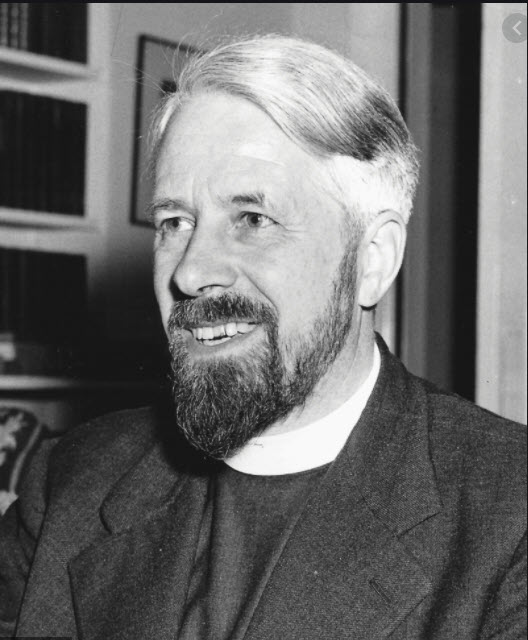
Derrick Sherwin Bailey 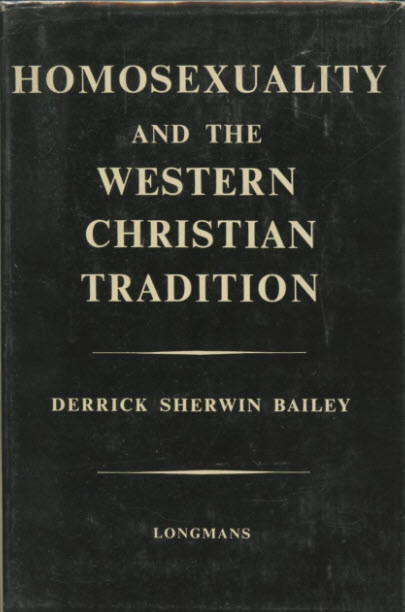
Here we notice Stott’s technique of casting doubt on the traditional Christian view of homosexuality. He describes Bailey’s book as famous, suggesting that it is an important book that must be taken seriously. In listing the four main biblical passages which refer to homosexuality negatively, Stott adds the qualification, ‘or appear to refer’to homosexuality negatively. He is subtly suggesting that perhaps the biblical texts quoted above are not negative about homosexuality.
Stott comments on Bailey’s critique of the traditional interpretation of the story of Sodom and Gomorrah. Bailey argues that the demand of the men of Sodom, ‘Bring them out to us that we may know them’ does not refer to physical sexual intercourse. He asserts that a better translation would be, ‘so that we may get acquainted with them’. Stott writes: ‘In this case the sin of Sodom was to invade the privacy of Lot’s home and flout the ancient rules of hospitality.’ (p339)
While Stott admits that the case is not convincing, he nevertheless provides details of Bailey’s argument. ‘To be sure, homosexual behaviour was not Sodom’s only sin; but according to Scripture it was certainly one of its sins.’ (p340)
Referring to Leviticus, Stott writes: ‘The homosexual lobby argues therefore that the Leviticus texts prohibit religious practices which have long since ceased, and have no relevance to homosexual partnerships today.’(p341)
The overall impression of Stott’s writing is that he has great sympathy for the cause of the revisionist theologians.
Marriage in the Bible
Stott writes: ‘The negative prohibitions of homosexual practices in Scripture make sense only in the light of its positive teaching in Genesis 1 and 2 about human sexuality and marriage.’ He provides an exposition of the biblical view of marriage from the first two chapters of Genesis. ‘And Scripture envisages no other kind of marriage or sexual intercourse, for God provided no alternative. Christians should not therefore single out homosexual intercourse for special condemnation.’ (p346) This is an amazing comment. Homosexual intercourse, commonly referred to as sodomy, which is anal sexual intercourse, is an unnatural, shameful perversion, associated with a catalogue of diseases. This is why the life expectancy of homosexuals is shorter than the average. Yet Stott is reluctant to condemn the practice of homosexual intercourse (sodomy) as a wicked perversion.
Homosexual healing
Stott says there is no final agreement on the cause of the homosexual condition. He writes: ‘The only question is when and how we are to expect the divine deliverance and restoration to take place. The fact is that, though Christian claims of homosexual “healings” are made, either through regeneration or through a subsequent work of the Holy Spirit, it is not easy to substantiate them.’ (p357). The apostle Paul tells of homosexuals and sodomites who have been redeemed by the blood of Christ. ‘But you were washed, but you were sanctified, but you were justified in the name of the Lord Jesus and by the Spirit of our God’ (1 Corinthians 6.9-11).
True Freedom Trust has published a pamphlet called Testimonies, in which homosexual men and women bear witness to what Christ has done for them. Stott writes: ‘They have found a new identity in him, and have a sense of personal fulfilment as children of God. They have been delivered from guilt, shame and fear by God’s forgiving acceptance, and have been set free from thraldom to their former homosexual activity by the indwelling power of the Holy Spirit. But they have not been delivered from their homosexual orientation…’ (p358). The implication is that the power of the Holy Spirit is unable to deliver from a homosexual orientation. But the notion of sexual orientation is a man-made psychological concept, entirely without biblical warrant. [my emphasis]
And so, the question: Is change of sexual orientation possible? Stott writes: ‘Complete healing of body, mind and spirit will not take place in this life. Some degree of deficit, or disorder remains in each one of us. But not for ever! For the Christian’s horizons are not bounded by this world. Jesus is coming again.’ (p359) According to Stott there is little hope for deliverance from a homosexual orientation in this life. Same-sex attracted Christians must simply learn to live with their homosexual feelings.
The Christian call to love
Stott quotes the comments of several homosexuals to make the point that the church has generally failed to show homosexuals love. He writes: ‘Jim Cotter, a founder member of the Gay (later the Lesbian and Gay) Christian Movement in the UK, complains bitterly about being treated as “objects of scorn and insult, of fear, prejudice and oppression”… Rictor Norton [a writer on gay issues] is yet more shrill in his critique. “The church’s record regarding homosexuals is an atrocity from beginning to end: it is not for us to seek forgiveness, but the church to make atonement’ (p359-p360).
Homophobia
Stott writes: ‘The attitude of personal hostility towards homosexuality is nowadays termed homophobia. It is a mixture of irrational fear, hatred and even revulsion. It overlooks the fact that the great majority of homosexual people are not responsible for their condition (though they are of course for their conduct). Since they are not deliberate perverts, they deserve our understanding and compassion.’ (p360) The inference of Stott’s assertion is that the great majority of homosexual people are born with a homosexual orientation and therefore not responsible for their condition. In other words, they have been created by God with a homosexual orientation and therefore are not expected to change. The church must accept, affirm, and love such people. [my emphasis]
Stott continues: ‘At the heart of the homosexual condition is a deep loneliness, the natural human hunger for mutual love, a search for identity, and a longing for completeness. If homosexual people cannot find these things in the local “church family”, we have no business to go on using that expression. The alternative is not between the warm physical relationship of homosexual intercourse and the pain of isolation in the cold. There is a third option, namely a Christian environment of love, understanding, acceptance and support.’ (p360)
Living Out promotes John Stott
John Stott: Same Sex Relationships (2017), published by the Good Book Company, presents a revised, updated, and extended edition of Stott’s chapter in Issues Facing Christians Today. It is edited by Sean Doherty, a co-founder of the Living Out website. He writes: ‘As a new Christian, I came to realise in my late teens that I was gay…’ Then he read Stott’s chapter on homosexual partnerships in Issues Facing Christians. ‘It was so helpful that the first Christian thing I ever read on the subject was clear that my identity is in Christ and not my sexuality, that my sexuality was no more fallen than anyone else’s… Reading something originally written in 1984 brings into sharp focus the fact that the arguments put forward today in favour of the church affirming same-sex relationships are not new…’ Significantly, Doherty interprets Stott’s teaching as being in favour of the church affirming homosexual partnerships.
So it is not surprising that John Stott’s approach to homosexuality is wholeheartedly endorsed by the founders of Living Out. Same-sex attracted Sam Allberry, author of Is God anti-gay? writes: ‘John Stott remains a compelling and urgent voice in today’s discussions about human sexuality, and so it is wonderful to have his work refreshed and available to the church in this format, alongside stories that underline how God’s timeless word continues to bring goodness and flourishing.’
Pastor Ed Shaw, co-founder of Living Out, tells how much Stott’s writing on the homosexual condition has helped him. He writes: ‘I am so grateful to John Stott for the advice he gave me as a young same-sex attracted Christian over twenty years ago. He helped me keep on a course that has enabled me to grow in Christ and flourish as a human being.’
Vaughan Roberts, President of The Proclamation Trust and the intellectual powerhouse of the same-sex movement, is effusive in his praise for John Stott: Same Sex Relationships. ‘I found these words deeply compelling when I first read them as a very young Christian, just coming to terms with my sexuality, and they remain so today. There is no better short presentation of the Bible’s teaching marked, as always with John Stott’s writing, by faithfulness, clarity and compassion.’
Conclusion
While John Stott firmly rejects homosexual practice, he accepts the concept of sexual orientation, and believes that the great majority of people with a homosexual orientation are not responsible for their condition. Therefore, Christian believers with a homosexual orientation should be accepted, welcomed, and affirmed by the Church.
Stott’s foolish ploy of double listening allowed him to introduce Christians to the false research of Alfred Kinsey (a voice of the world) and his unbiblical notion of a sexual spectrum.
Stott’s teaching on the homosexual condition has been enthusiastically embraced by the same-sex activists of the Living Out website. Although the term ‘same-sex attraction’ was unknown in Stott’s time, the book John Stott: Same-sex Relationships, makes it clear that Stott’s position is entirely consistent with the same-sex ideology promoted by Sam Allberry, Sean Doherty, Ed Shaw and Vaughan Roberts.
Indeed, the approach of Vaughan Roberts has much in common with John Stott. Both promote Alfred Kinsey’s unbiblical idea of a sexual spectrum; both accept the psychological construct of sexual orientation; both cast doubt on traditional biblical teaching on homosexuality; both want the Church to accept, welcome and affirm homosexuals; both accuse the Church of homophobia.
We must conclude that John Stott is not a sound biblical witness but a double minded man, who is sympathetic to the homosexual cause. Despite an outward show of Christian concern, the same-sex lobby, built on the heretical teaching of John Stott, is a deceptive movement that is leading many astray as it seeks to normalise homosexuality in the Church of Jesus Christ.

